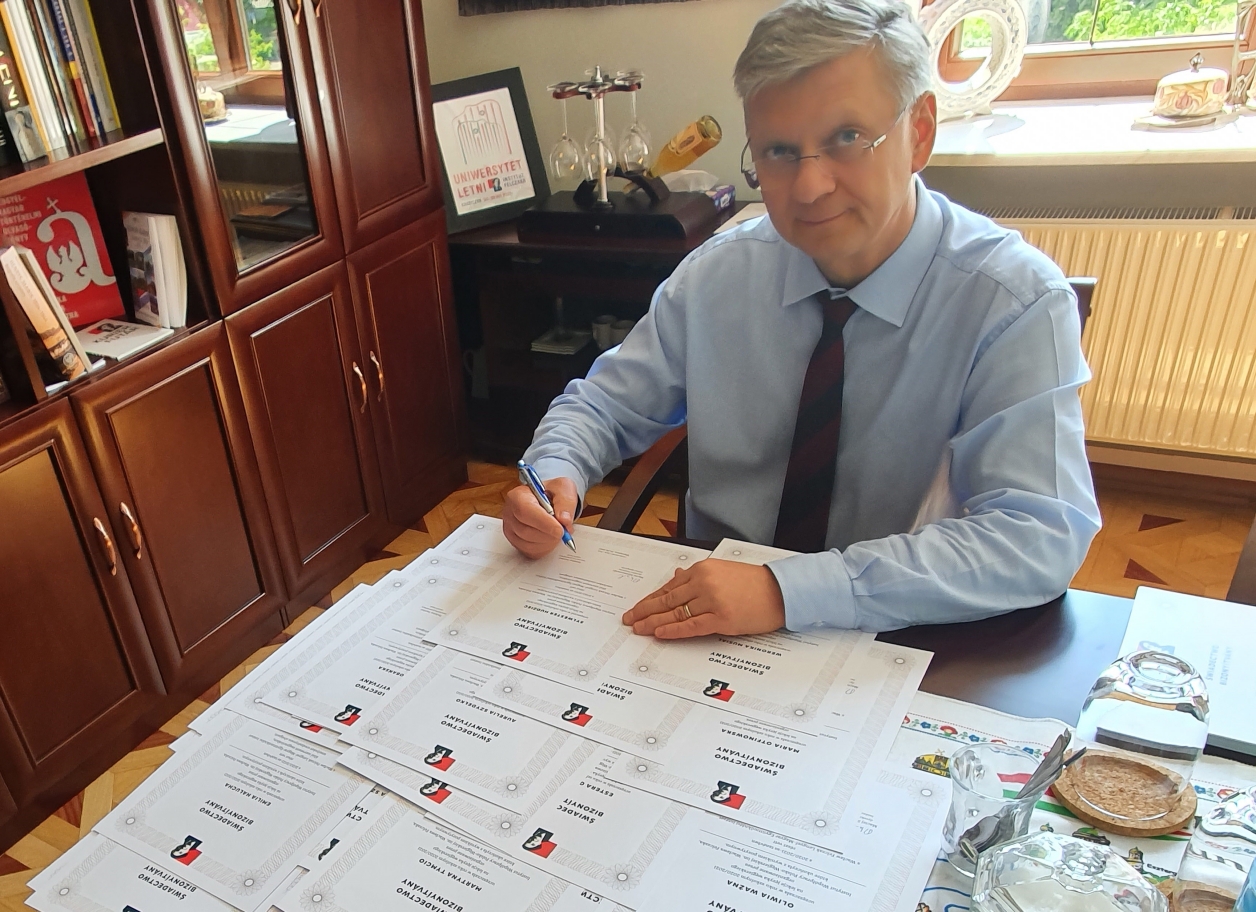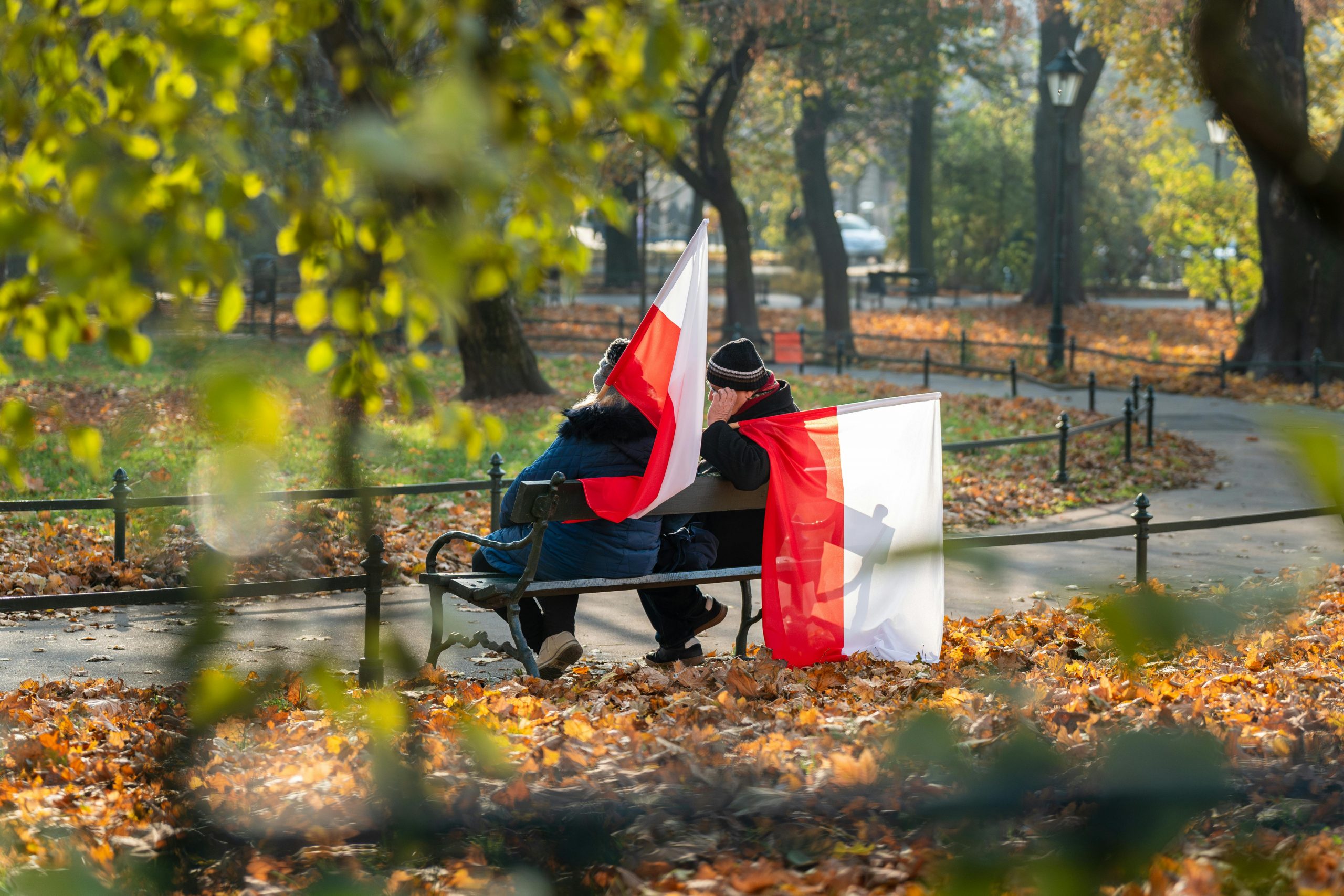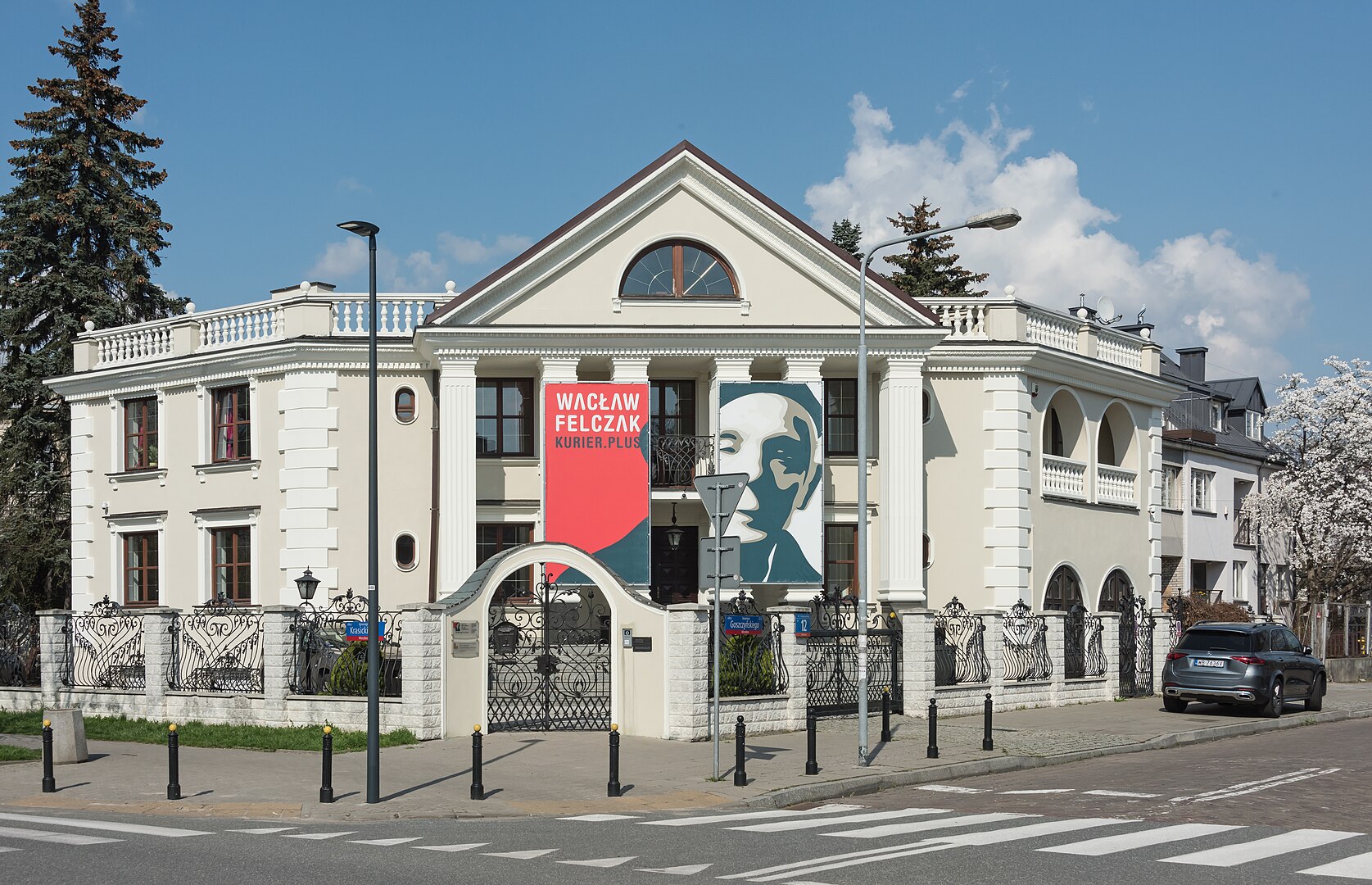
There are forces that are actively working on hindering good relations between Poland and Hungary.Continue reading

The Wacław Felczak Foundation held its third annual gala on November 13, in the spirit of perpetuating the idea of Hungarian-Polish friendship. The Wacław Felczak Prize was awarded to Adrienne Körmendy at the evening held in the Hungarian Heritage House. The diplomat and historian told Magyar Nemzet that both countries will be successful if they help each other instead of competing.
The gala evening of the Wacław Felczak Foundation was held for the third time, providing an opportunity for experts, Polish and Hungarian scholars, to deepen the friendship between the two nations. In his speech, Karol Biernacki, Chairman of the Foundation’s Board of Trustees, recalled that between 2018 and 2023, more than 20,000 people had benefited from the establishment’s support programs. Over 6,000 young people have traveled to Poland, more than 20 Polish-Hungarian albums have been produced, and support has been given to economic initiatives between the two nations. They have helped to publish around 120 Polish publications in Hungarian, making them the most important players on the Hungarian book market in the Polish-Hungarian field. In the future, they would like to strengthen Polish language teaching from kindergarten to the university level.
In our rapidly changing world, Polish-Hungarian cooperation is an island that preserves and maintains the basic principles that are sobering and guiding,”
noted the President.
The Wacław Felczak Award, established by the Foundation’s Board of Trustees in 2022, was presented at the gala to recognize the work of those who have made outstanding contributions to the perpetuation of the idea of Hungarian-Polish friendship over the centuries.
This year, the prize was awarded to Adrienne Körmendy, diplomat, historian, and archivist, who has been an active shaper of Hungarian-Polish cultural, ecclesiastical, scientific, and inter-state relations and a tireless researcher of the common history of the two countries and the region. For several years, she was a lecturer at the Department of Hungarian Studies at the University of Warsaw, and from 2014 to 2020, she was Head of the Consulate General of Hungary in Kraków.
After the award ceremony, Körmendy emphasized that she was surprised and honored to receive this recognition.
View this post on Instagram
“As a historian, I have mainly been working on the history of medieval settlements in Central Europe, related to both political and economic history. The cooperation between the Polish and Hungarian nations was written into the history of this area, and was recognized as early as the time of our Árpád dynasty kings.” According to Körmendy,
both countries will be successful if they do not compete with each other but help each other.
At the event, a new image film was also screened, giving an insight into the life and multifaceted work of the organization.
However, as Hungary Today reported in September, Polish Prime Minister Donald Tusk has decided to close the Wacław Felczak Foundation in Poland. The closure, requiring parliamentary approval, follows allegations of poor financial management. Former director Maciej Szymanowski criticized the dismissal process as abrupt and unauthorized. The institute’s fate now depends on procedural challenges, including a potential delay by President Andrzej Duda. With the Warsaw institute inactive, the Budapest establishment remains the sole institution continuing Felczak’s legacy.

Wacław Felczak Institute. Photo: Wikipedia
Via Magyar Nemzet; Featured image via Pexels